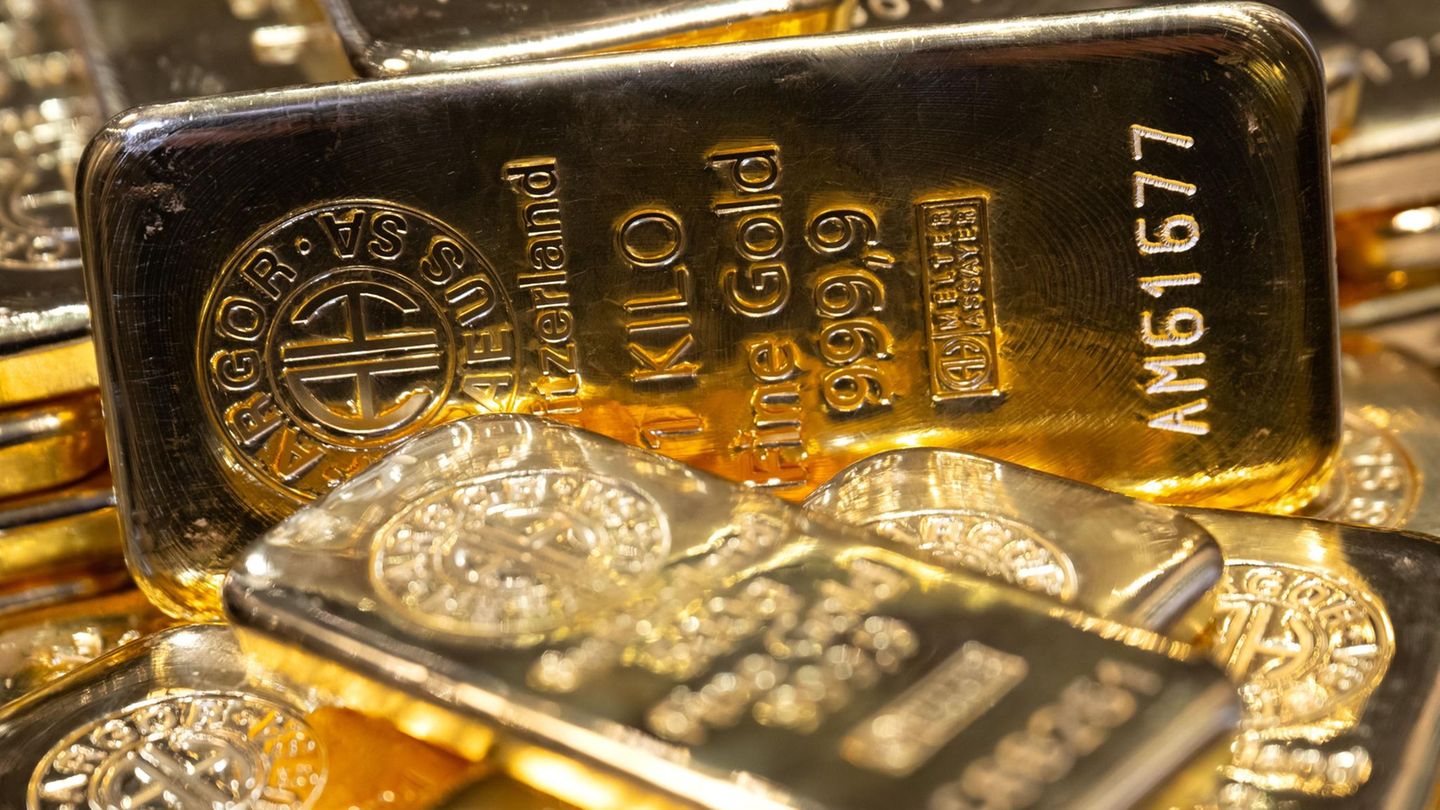However, the chancellor also said that he would have been less brutal if Greece and several other European Union (EU) states had undertaken key reforms in prosperous periods.
In a meeting with the Greek president, Katerina Sakellaropulu, Merkel, avoided making an assessment of the role that Germany had in this matter and admitted that Greece felt “often alone”, although she stressed that this experience served for a better understanding between the two countries.
Considered “one of the most hated women in Greece”, according to the German tabloid Bild, the German said that the most difficult moment of her mandate was when she demanded so much from Greece. “
The Greek crisis was “a period of hysteria”, according to the German political weekly Der Spiegel, stating that “Greece was saved, but not the European idea.”
“I think we are all very shocked by the fragility of the euro in the face of external speculation.”Merkel confessed.
Greek-German relations “have seen ups and downs, but they are based on solid foundations,” he insisted.
At the height of the crisis in 2012, Merkel was greeted in Athens by protesters wearing posters with the Nazi swastika or caricatures of her as if she were Adolf Hitler.
Starting in 2010, the chancellor demanded from the then prime minister, the socialist Yorgos Papandreou, austerity measures to cut the public deficit.
Since then, Merkel has been seen among Greeks as the “iron lady” of Europe.
With her then Finance Minister Wolfgang Schauble, Merkel demanded painful budget cuts and steep tax increases from Athens in exchange for three bailouts worth more than 300 billion euros ($ 370 billion).
Retirements were cut and the monthly minimum wage fell to about 500 euros (US $ 585) as a wave of privatizations began, especially in health, whose hospitals worked with few staff and lack of medicines and supplies.
The then Greek Prime Minister, Alexis TsiprasHe wanted to break the agreements and invited Merkel to go home. Greece was threatened with being excluded from the euro zone, although it eventually gave in to pressure from its creditors and accepted new austerity measures.
In an article in the German weekly Die Zeit last month, Tsipras said that “honesty” had “strengthened the climate of trust” between him and the Chancellor, despite their political differences.
That memory still takes a toll on Merkel’s image. A Pew Research survey of 16 countries indicated that only 30% of Greeks hold it in esteem, against an average of 77% in the other nations surveyed.
David William is a talented author who has made a name for himself in the world of writing. He is a professional author who writes on a wide range of topics, from general interest to opinion news. David is currently working as a writer at 24 hours worlds where he brings his unique perspective and in-depth research to his articles, making them both informative and engaging.




